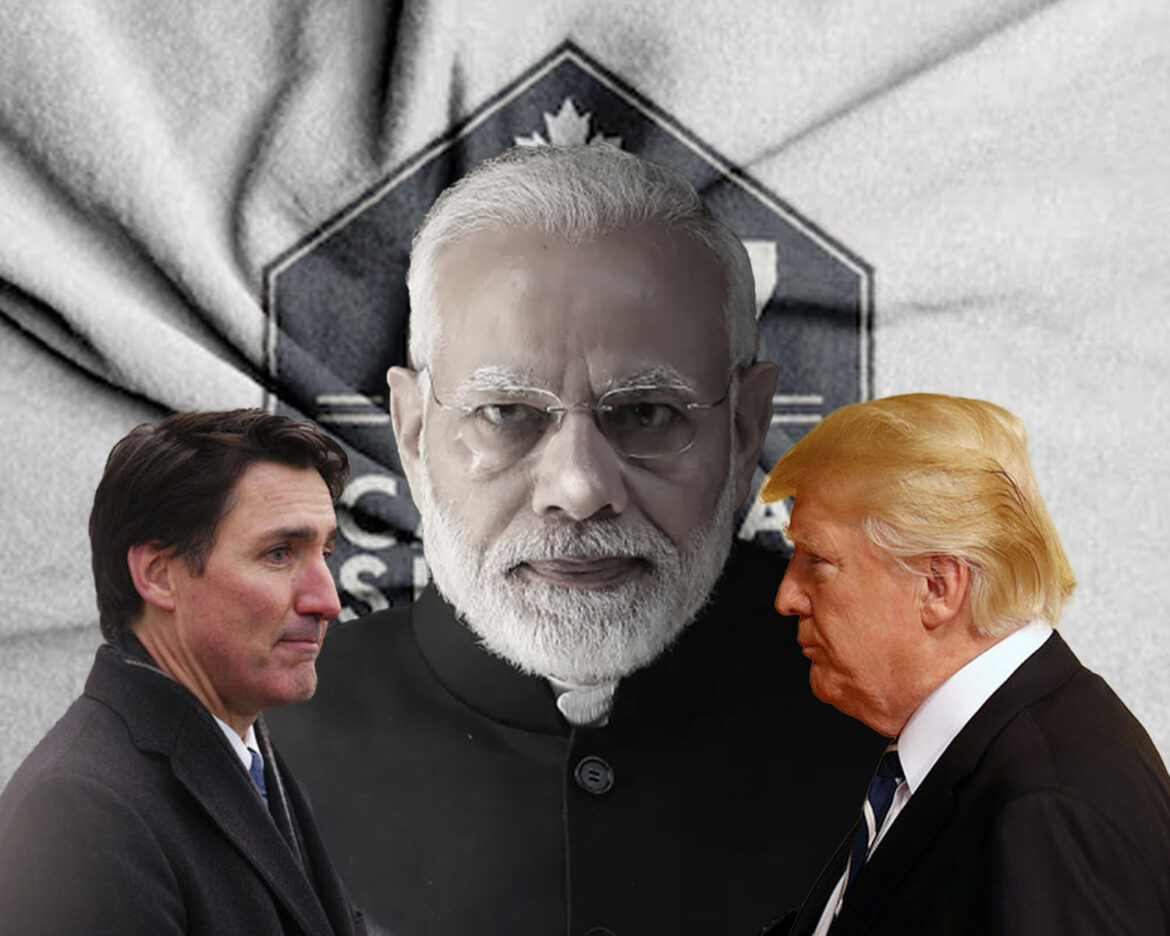In a significant shift in diplomatic engagement, Indian Prime Minister Narendra Modi is reportedly not on the invitee list for the upcoming G7 Leaders’ Summit, scheduled to be held in Kananaskis, Alberta, from June 15 to 17, 2025. This marks the first time in six years that India will not be represented at the annual gathering of the world’s leading industrialized democracies.
India, while not a permanent member of the G7 (which comprises Canada, France, Germany, Italy, Japan, the United Kingdom, and the United States, with the European Union also participating), has been a regular guest invitee to the summit since 2019. Prime Minister Modi has attended every G7 summit since then, except for the one cancelled in 2020. His presence had become a customary feature, highlighting India’s growing global stature and its role as a key economic and geopolitical player.
Sources indicate that Canada, as the host nation for the 2025 summit, has extended invitations to several other non-member countries, including Australia, Brazil, Mexico, South Africa, and Ukraine. The reported absence of an invitation for India has raised eyebrows in diplomatic circles and prompted commentary from political observers.
While there has been no official statement from either the Canadian or Indian government regarding the specific reasons for the non-invitation, recent strained relations between the two countries are widely believed to be a contributing factor. Tensions between India and Canada have escalated over various issues in recent times.
The G7 summit serves as a crucial platform for leaders to discuss major global challenges, ranging from economic stability and growth to international peace and security and the digital transition. India’s consistent participation in previous summits provided an opportunity for the nation to contribute to these discussions and strengthen its bilateral ties with G7 member states.
The G7 presidency rotates annually among its member countries. Canada assumed the presidency on January 1, 2025, and is responsible for setting the agenda and managing the logistics of the summit. The decision regarding guest invitations rests with the host nation.



